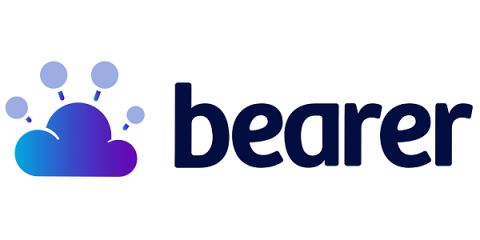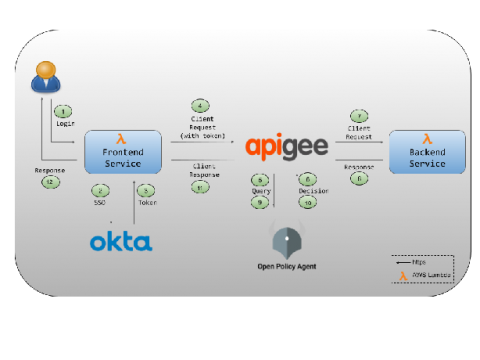What You Need to Know About Unofficial APIs
Some APIs provide data we benefit from. Others are hooks into an ecosystem that our users find valuable, and others provide features that are difficult to build. What happens when we need access to data that users expect, but an API doesn’t exist? Maybe you’re building an automotive application that would benefit from pulling driving statistics from the user’s car, but the manufacturer’s API is private.



